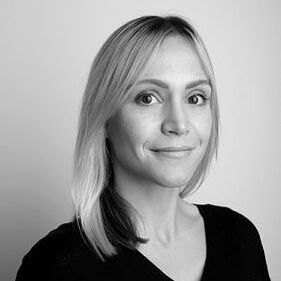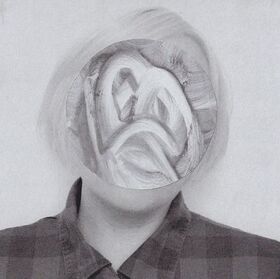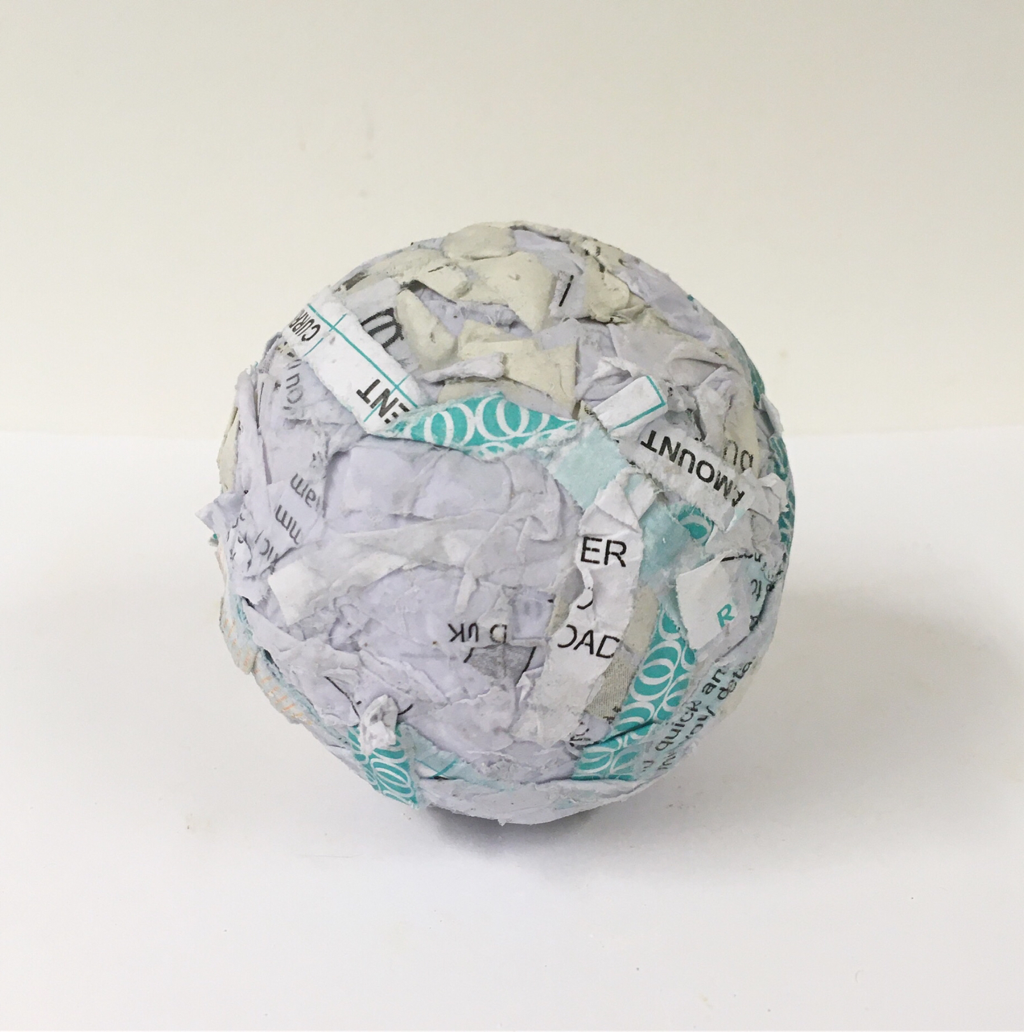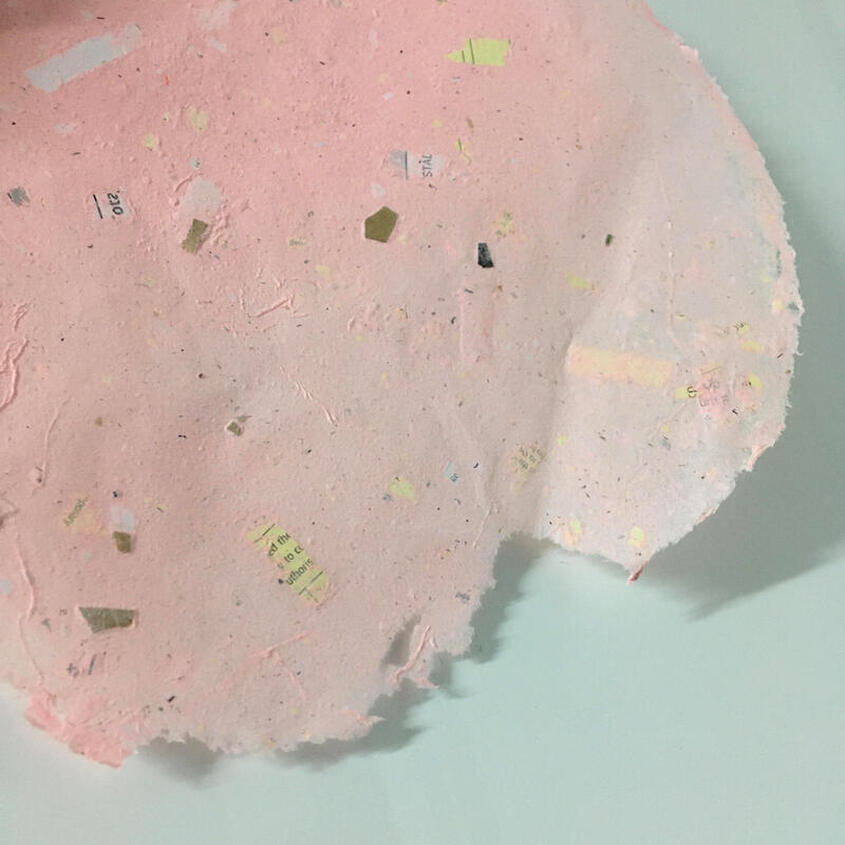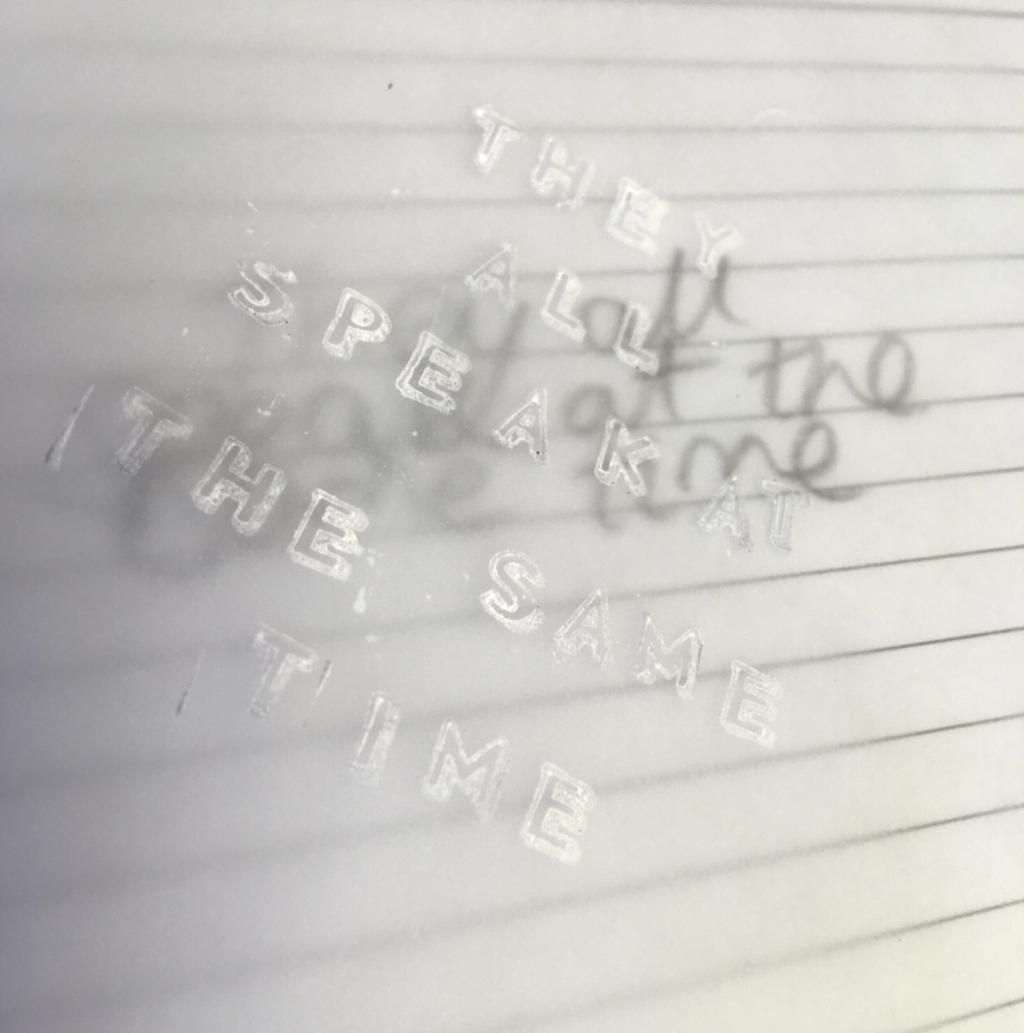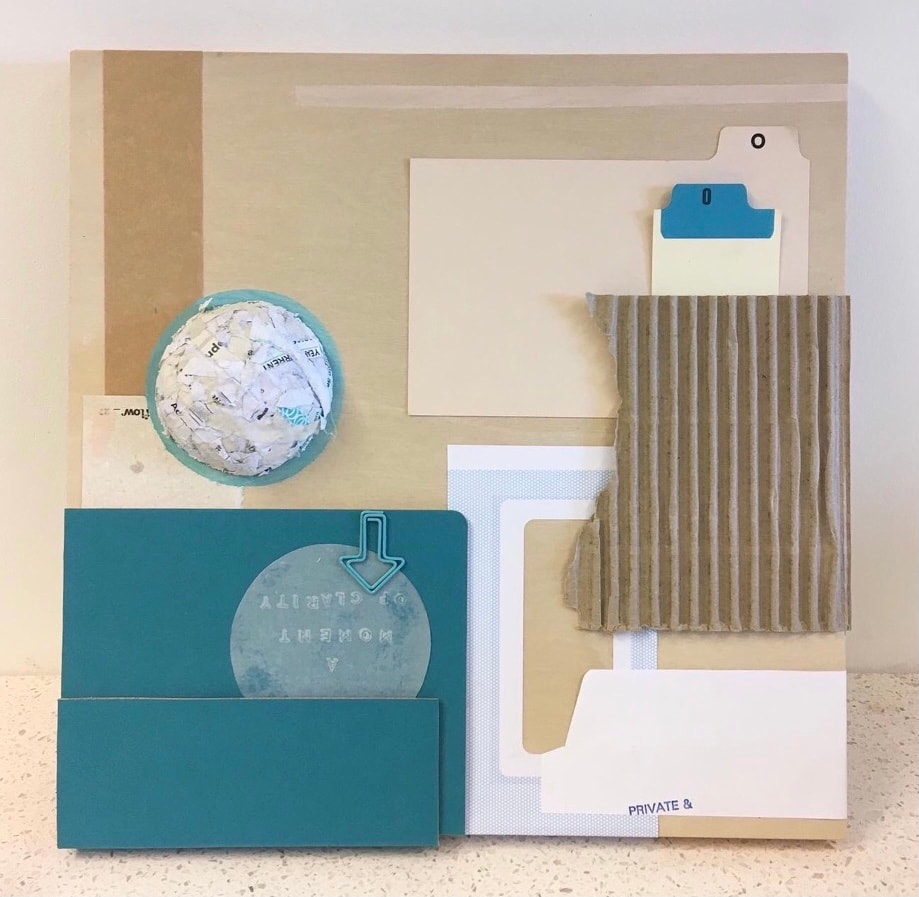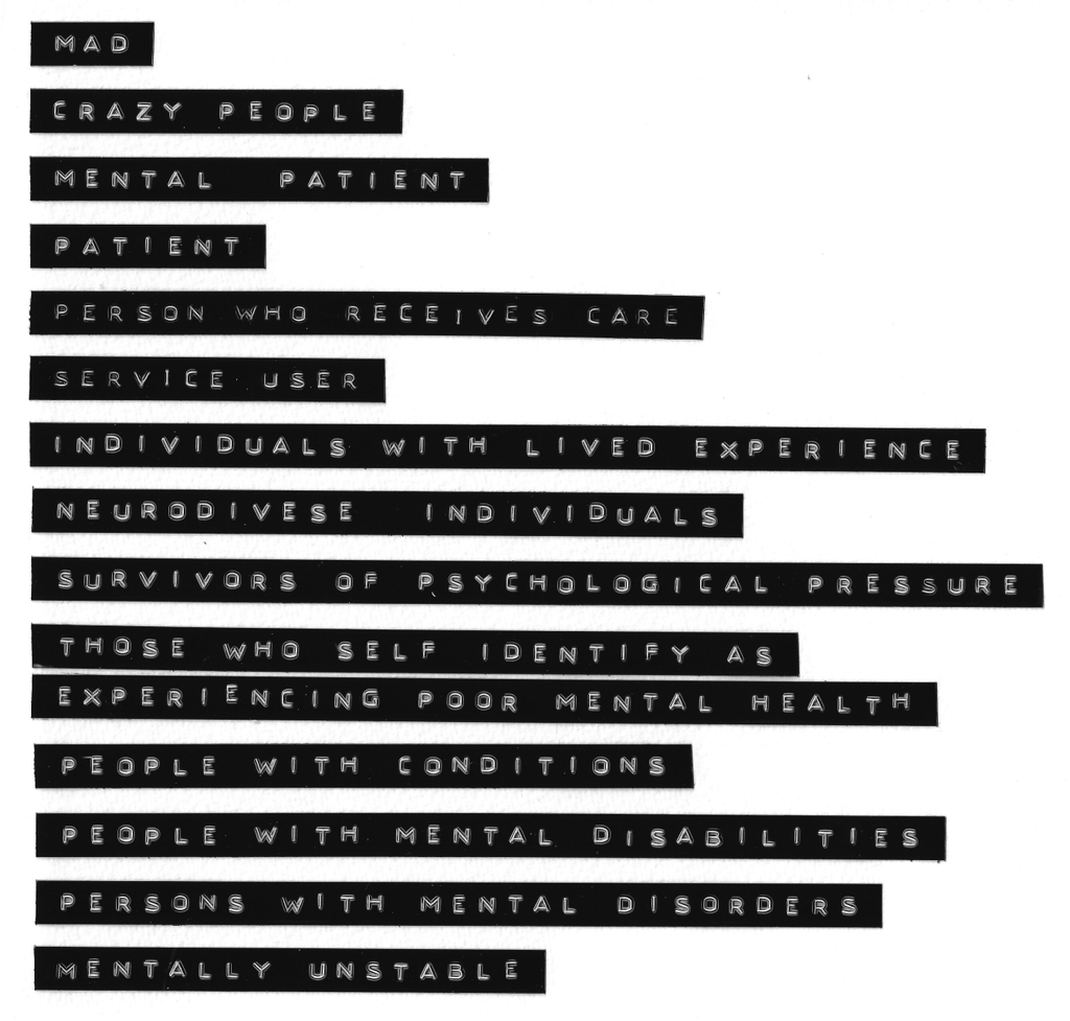THE PROJECT:
HEAR SARAH'S EXPLANATION: |
RESEARCH PROPOSAL:
|
Reclaiming Agency: AI and the power of narrative medicine is a transdisciplinary project in which electronic health record (EHR) research and service user perspective are brought together to explore AI in mental healthcare and treatment.
|
Through a series of multimedia creations, the project will put the embodied service user-experience centre-stage in the conversation around AI in mental healthcare.
As AI is constructed on the narrative of the patient experience as authored by healthcare professionals for their own purposes, we will challenge the notion of ownership and accuracy in how information is processed and curatorial agency is assigned to the individual. |
THE TEAM:
THE STORY SO FAR:
|
Back in 2019, Sarah approached the CRIS team with a lot of questions and a view to explore the possibility of an arts/science collaboration.
Throughout our conversations, we kept coming back to the same themes:
Through these enquiries and reflections, Sarah produced creative output for Bethlem Gallery’s ‘Art and Value’ exhibition, making this our first partnership! |
Just over a year ago, we submitted an application for an artist-in-residence award to work together over a 12-month period and produce creative output for the King’s festival with the theme of ‘Intelligence’. However, because of the pandemic, this morphed into a 6-month R&D project with a goal to complete the public-facing aspect in 2022.
The award comes from King’s Culture Team (and the King’s Artists scheme, specifically) that supports and showcases art/science partnerships between the community in King’s and the creative sector with a focus on projects that enhance research and innovation, collaborative education, public programming, cultural engagement and cultural policy. We kept coming back to the same ideas and questions around language, expression and perspectives. The magnitude of all this information in CRIS, its value and how it is interpreted. This cycle of deconstructing and reconstructing patient stories – how the information is captured in the clinical record and by whom, what aspects of it we in the CRIS team extract and focus on in order to support particular research and how the information takes on a new life, meaning, interpretation when it reaches the researcher and beyond – how that information is communicated to the wider public. From the perspective of the researcher and working in CRIS, we were also thinking a lot about how detached we are from the information as it was originally intended and even further detached from those whose information it is – the service users themselves. We routinely either approach the information from a bird’s eye point of view or we drill down to very specific details that don’t facilitate a good grasp of patient journeys and experiences. Often, we view the clinical record as existing because healthcare professionals make the effort to record all this information and someone else made the effort to create a database that stores it but ultimately it exists because of us – all of us who use health services. We were very keen to explore ideas of ownership and agency all within this wider context of language and artificial intelligence. The aim of course was to shift the focus back to the curators of the story, the patients themselves, and working with everything that CRIS has to offer. Very refreshingly, we were also very much keeping an eye on what is working already – what it is that we are already doing well, how we can utilise CRIS to highlight the patient narrative and support a story that is closer to what is started out as before all the processing and analysing. Our second partnership! |
